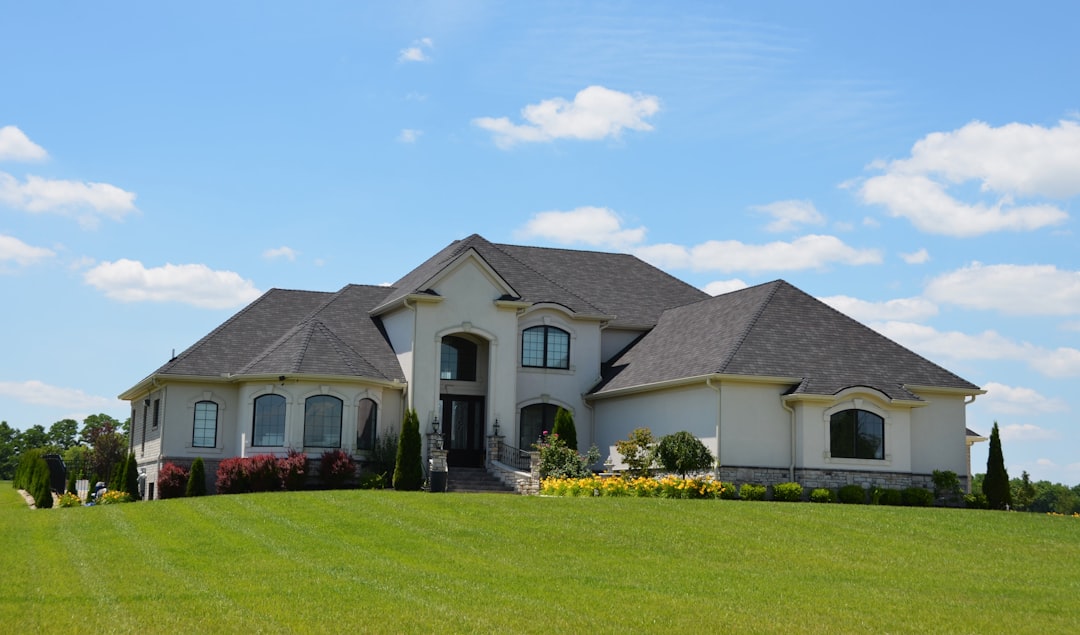Investing in rental properties can provide substantial financial returns, but it also comes with its share of risks. One of the most important steps you can take to safeguard your investment is to secure home insurance for rental properties. This comprehensive guide will walk you through everything you need to know about protecting your rental property with the right insurance coverage.
Understanding Rental Property Insurance
Rental property insurance, also known as landlord insurance, is designed to cover the unique risks associated with renting out property. Unlike standard homeowners insurance, which primarily protects the owner-occupied home, landlord insurance provides additional protections for properties that are leased to tenants.
What Does Rental Property Insurance Cover?
While specific coverage options may vary between policies, most rental property insurance plans generally include:
- Dwelling Coverage: Protects the structure of the rental property against risks like fire, wind, and vandalism.
- Personal Property Coverage: Covers personal belongings used to service the rental property, such as appliances and furniture.
- Liability Coverage: Protects against legal claims from injuries or damages that occur on the property.
- Loss of Rental Income: Compensates for lost income due to property damage that makes the rental uninhabitable.
Types of Rental Property Insurance Policies
There are several types of rental property insurance policies available. Understanding these can help you choose the right one for your needs:
| Policy Type | Description |
|---|---|
| HO-1 | Basic form that covers specific perils, such as fire and theft. |
| HO-2 | Broad form that covers more perils than HO-1. |
| HO-3 | Special form that covers all perils except those specifically excluded. |
| HO-4 | Tenants insurance for renters who do not own the property. |
| HO-5 | Comprehensive form that provides the broadest coverage. |
| HO-6 | Condominium insurance for owners of condo units. |
| HO-7 | Mobile home insurance. |
Why Do You Need Rental Property Insurance?
Having rental property insurance is essential for several reasons:
- Financial Protection: Covers repairs, legal fees, and potential loss of income.
- Peace of Mind: Provides reassurance that your investment is protected against unexpected events.
- Attracts Tenants: Many tenants prefer to rent from landlords who have adequate insurance coverage.
How to Choose the Right Insurance Policy
Selecting the right rental property insurance requires careful consideration of various factors. Here are key steps to guide you:
Assess Your Property’s Needs
Evaluate the specific risks associated with your rental property. Consider the following:
- Location: Areas prone to natural disasters may require additional coverage.
- Property Type: Single-family homes, multi-family units, and condos may have different insurance needs.
- Value: Ensure your coverage amount matches the total value of your property and its contents.
Compare Coverage Options
When shopping for insurance, compare various policies from different providers. Look for:
- Coverage limits and exclusions
- Deductibles
- Premium costs
Consult with an Insurance Agent
A knowledgeable insurance agent can help you navigate the complexities of rental property insurance. They can:
- Explain different policy options
- Provide insights on local insurance requirements
- Assist with claims processes if necessary
Real-World Example: Protecting Your Investment
Imagine you own a rental property in Florida. One day, a hurricane strikes, causing significant damage to your building. Without rental property insurance, you could face substantial out-of-pocket costs for repairs and lost rental income. With the right policy in place, however, you can file a claim to cover the damages and ensure your investment remains intact.
Frequently Asked Questions (FAQ)
What is the difference between landlord insurance and homeowner’s insurance?
Landlord insurance is specifically designed for rental properties and includes coverage for tenant-related risks. In contrast, homeowner’s insurance is for owner-occupied homes and does not cover rental activities.
How much does rental property insurance cost?
The cost of rental property insurance varies based on factors such as location, property type, coverage amount, and the insurance provider. On average, landlords can expect to pay between $800 and $1,200 annually for rental property insurance.
Can I get rental property insurance for short-term rentals?
Yes, many insurance providers offer specialized coverage for short-term rentals, such as those listed on platforms like Airbnb or Vrbo. Make sure to disclose your rental type to your insurance agent to ensure adequate coverage.
What should I do if my tenant damages my property?
If your tenant causes damage, your rental property insurance may cover the costs, depending on the circumstances. It’s crucial to document the damage and file a claim with your insurance provider promptly. You may also consider pursuing legal action against the tenant for damages not covered by insurance.
Are there any discounts available for rental property insurance?
Yes, many insurance providers offer discounts for various reasons, such as:
- Bundling policies (e.g., combining home and rental property insurance)
- Installing security systems
- Maintaining a claims-free history
Conclusion: Key Takeaways
Securing the right home insurance for your rental properties is crucial for protecting your investment. By understanding the different types of coverage, assessing your property’s needs, and comparing various policies, you can make informed decisions that will help you mitigate risks and ensure long-term success.
Remember, investing in rental property insurance is not just about protecting your financial assets; it’s also about providing peace of mind for both you and your tenants. Take action today to safeguard your rental properties and enjoy the benefits of a sound investment strategy.
